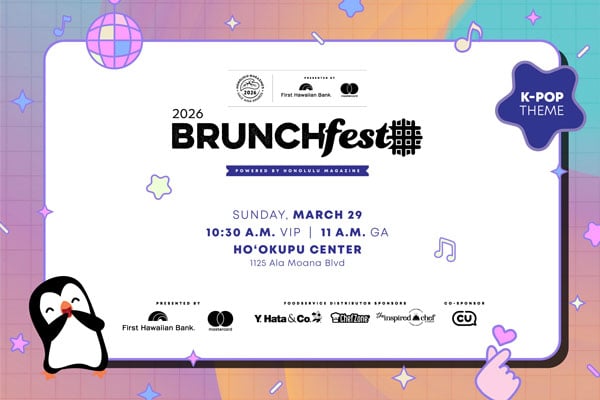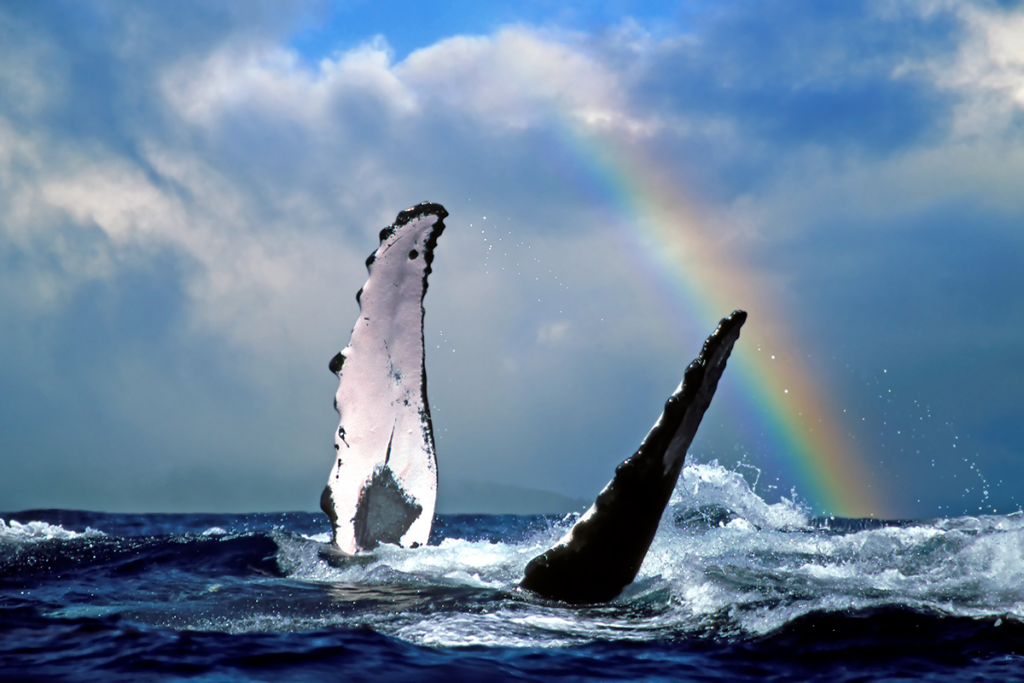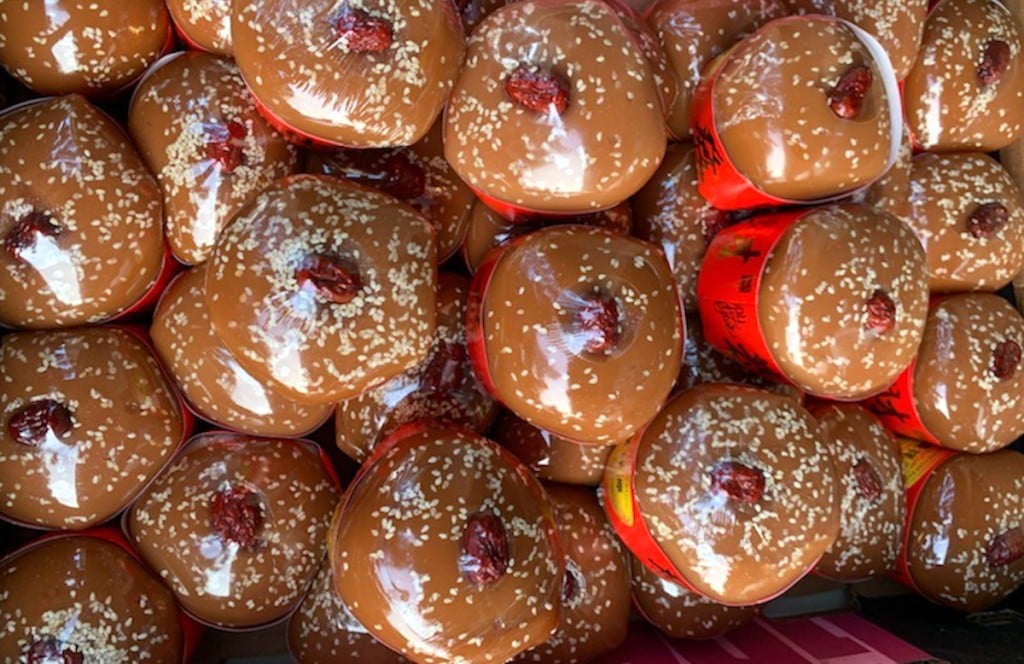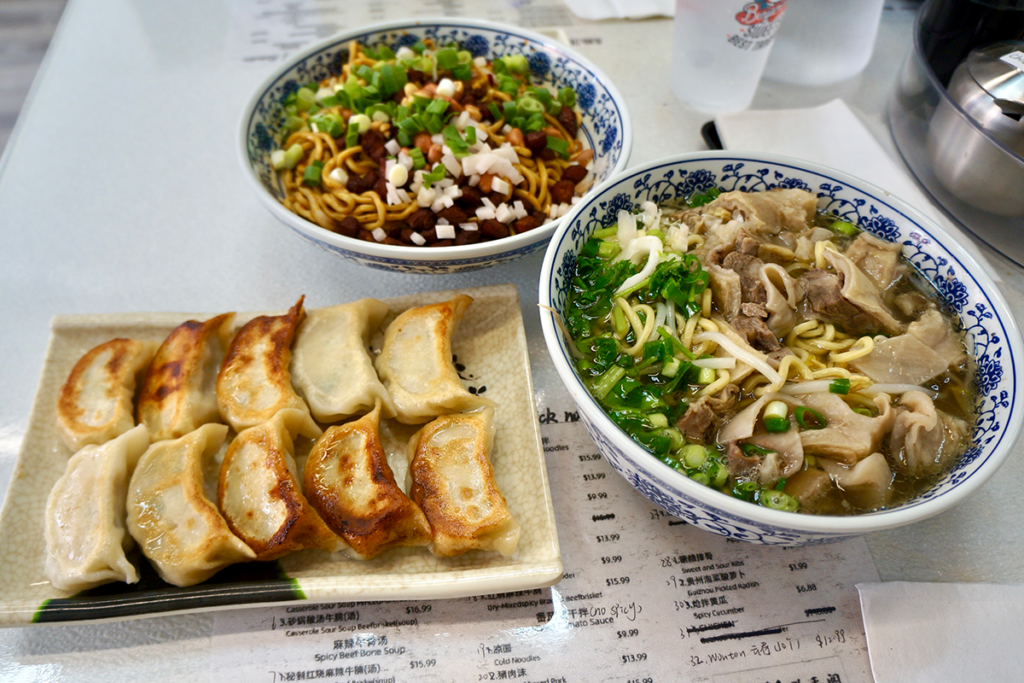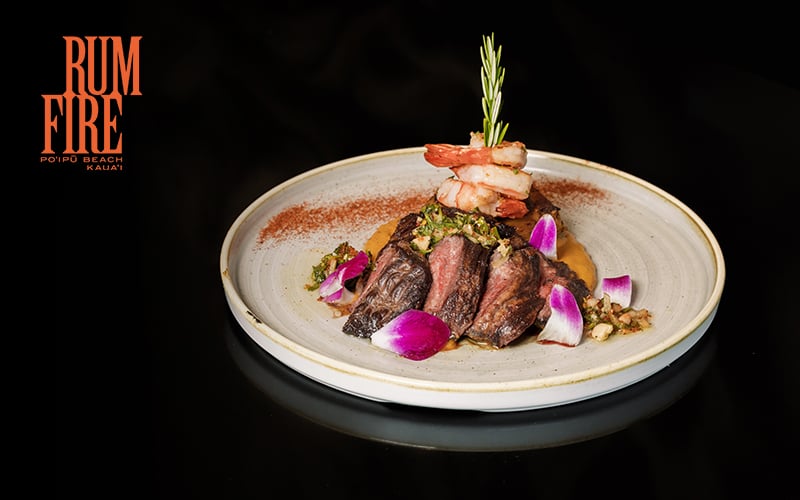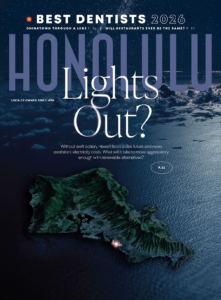5 Reasons Why The Hawai‘i Health Dept. Says You Need to Stop Vaping Now
Officials say illnesses need more investigation.

Photo: VapeClubMY / Unsplash
Hawai‘i’s Department of Health officials this week–Oct. 7– issued an advisory urging everyone in the state to stop vaping until nationwide reports of illness and deaths linked to e-cigarettes can be fully investigated.
“Vaping is not safe, and everyone is advised to stop using vaping products until more is known about their association with serious lung disease,” said Health Director Bruce Anderson.
Vaping and electronic cigarettes gained in popularity over the last decade as an alternative to smoking tobacco products. Still, others choose vaping as an alternative to smoking marijuana and smoke products that contain THC, the compound in marijuana that gets people high. Some who are skeptical of a crackdown on all vaping point to more cases of illness with products that contain THC, which is already an unregulated and often illegal substance.
Still, state health officials urge everyone to stop vaping all products:
-
Illness/deaths linked to vaping here and across the U.S. In September, the Hawai‘i Department of Health reported it was investigating the first report of a possible case of vaping-associated severe respiratory illness in a Hawai‘i Island resident under the age of 18 years and another case involving an adult. Nationally, health officials estimate more than 1,000 reported cases of lung illnesses and 18 deaths associated with vaping and e-cigarettes.
-
E-cigarettes and vaping products are unregulated. Some illnesses have been traced to off-market products. Officials said caution is especially advised regarding the use of off-market THC-containing (the ingredient in marijuana that gets people high) products purchasedthrough the internet, from people on the street. And the state warned against those that are homemade which often involve modifying or adding substances to products purchased at retail stores.
-
Some of the cases of illness have been linked to legal products. While evidence points to a higher incidence of negative health impacts among users of off-market THC products, some patients suffering negative health impacts report using only nicotine products or products obtained legally.
-
E-cigarettes are capturing a young Island audience. An estimated 26 percent of high school youth and 16 percent of middle school youth in Hawai‘i currently smoke e-cigarettes, officials said, which puts Hawai‘i at one of the highest rates of vaping among high school and middle school youth in the nation. The estimated national average for high school youth is 13 percent. Selling these products to anyone under the age of 21 is illegal in Hawai‘i. And it’s illegal for anyone under the age of 21 to purchase, use, and possess these products.
-
No clear statistics on quitting smoking. While there are claims that vaping devices help smokers kick their cigarette habits, not enough time has elapsed, nor has testing been done, to verify this claim or the potential for other health impacts, Anderson said.
Other states have passed laws to address concerns: Michigan, New York and Rhode Island banned sales of flavored e-cigarette products and Massachusetts enacted a four-month ban on sales of all vaping products. Hawai‘i officials may seek to pass a law banning the products in the legislative session that begins in January, according to a statement from Gov. David Ige.
Anderson says the state is also urging doctors to ask their patients with symptoms of lung illness or injury about their use of e-cigarettes or their history of vaping and report to the department.
SEE ALSO: Clear the Smoke: How to Protect Your Children from Vaping in Hawai‘i (HONOLULU Family)
State health officials have been working to determine the cause of the illness of the earlier patient and investigating if any other cases can be traced to vaping.
Officials also advise if you have recently used a vaping device and are experiencing symptoms including coughing, shortness of breath, chest pain, nausea, vomiting, diarrhea, fatigue, fever, or abdominal pain, see a healthcare provider. You may also call the Hawai‘i Poison Hotline at 1-800-222-1222 at any time 24 hours a day, 7 days a week.
Read more stories by Robbie Dingeman
